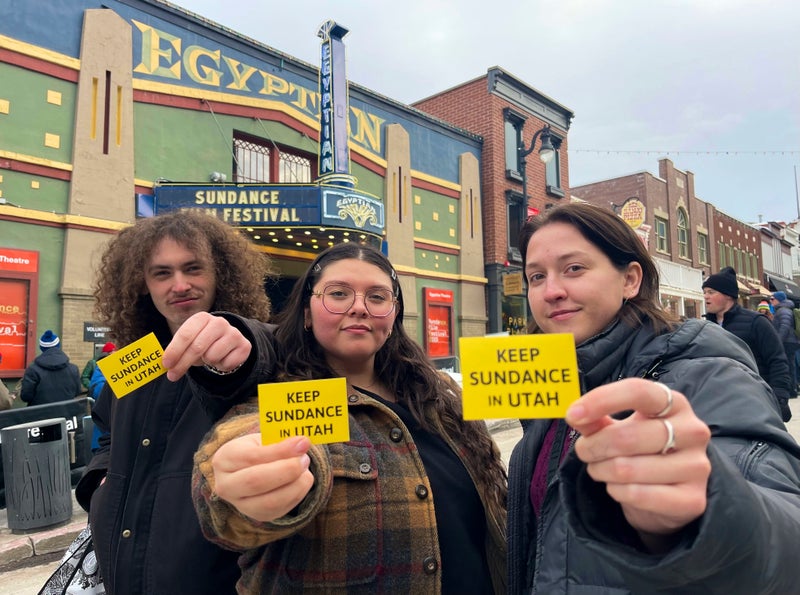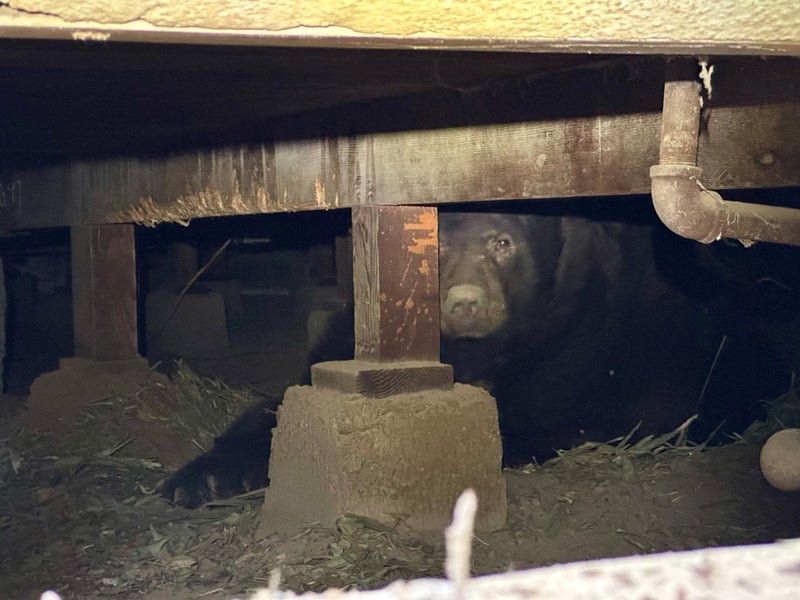Oregon judge pauses camping ban enforcement in city at heart of Supreme Court homelessness ruling
Oregon judge pauses camping ban enforcement in city at heart of Supreme Court homelessness ruling
Share:
An Oregon judge on Monday ordered the city at the heart of a major U.S. Supreme Court ruling on homeless encampments to temporarily pause enforcement of its camping rules, in response to a lawsuit filed by advocates against the city. Josephine County Circuit Court Judge Brandon Thueson's temporary restraining order prohibits Grants Pass from enforcing its camping regulations for 14 days. During that time, the city cannot cite, arrest or fine people for camping anywhere in the city, nor force a person to leave a campsite, the order says.
“This is an important issue, and we are actively reviewing all aspects to ensure we make the best decision for our community,” Grants Pass Information Coordinator Mike Zacchino said in an email. The mayor and interim city attorney did not immediately respond to requests for comment. The order came in the lawsuit filed against the city last week by Disability Rights Oregon. In its complaint, the advocacy group accused the city of discriminating against people with disabilities and violating a state law requiring cities’ camping regulations to be “objectively reasonable.”.
Last June’s Supreme Court ruling ushered in a new era of homeless policy by allowing cities across the country to ban sleeping outside and fine people for doing so, even when there aren’t enough shelter beds. It overturned a ruling from a California-based appeals court that found camping bans when shelter space is lacking amounted to cruel and unusual punishment under the U.S. Constitution’s Eighth Amendment. Officials from across the political spectrum filed briefs in the case, urging the justices to overturn lower court rulings they said hamstrung their ability to deal with encampments.
Grants Pass — a small city of about 40,000 people located along the Rogue River in the mountains of southern Oregon — has struggled for years to address a homelessness crisis, and its parks had become a flash point. Cherished by residents for their open spaces and playgrounds, many had become the site of encampments blighted by drug use and litter. After the high court decision, Grants Pass banned camping on all city property, except where allowed by City Council. Councilors designated two areas where the town’s hundreds of homeless people would be allowed to stay, in a bid to move people out of the parks while still giving them places to sleep.
But upon taking office last month, the new mayor and new City Council members moved to close the larger of the two campsites — which housed roughly 120 tents, according to Disability Rights Oregon's complaint — and made the remaining smaller one only open from 5 p.m. to 7 a.m., forcing people to pack up their belongings every morning and carry them throughout the day. The two outdoor sites were frequently crowded with poor conditions and inaccessible to people with disabilities due to loose gravel, according to the complaint.
“It is unconscionable to me to allow people to live there like that," City Council member Indra Nichols said before last month's vote to close the larger site. Grants Pass has become emblematic of the national homelessness crisis gripping cities large and small — and the debate over how to deal with it. Last year, homelessness in the U.S. increased 18% in a dramatic rise driven mostly by a lack of affordable housing as well as devastating natural disasters and an increase in migrants in several parts of the country.






















